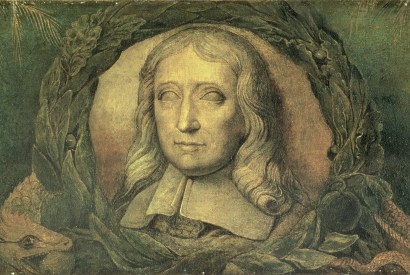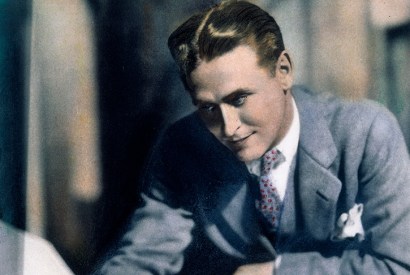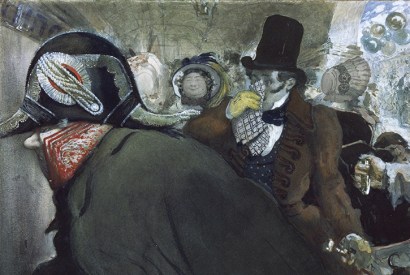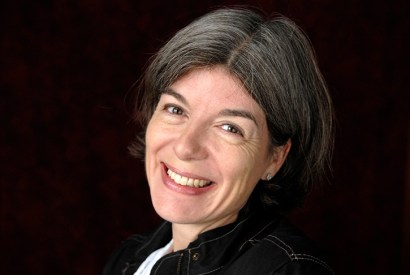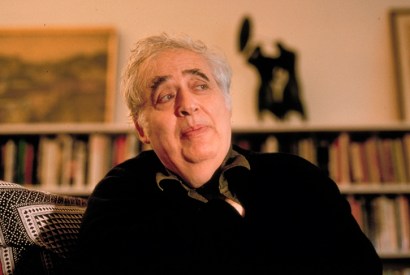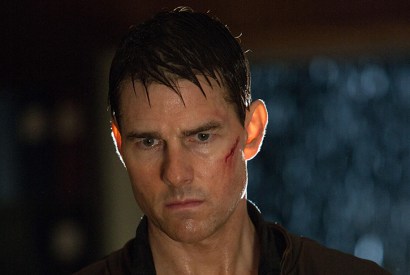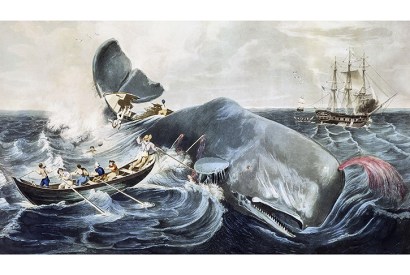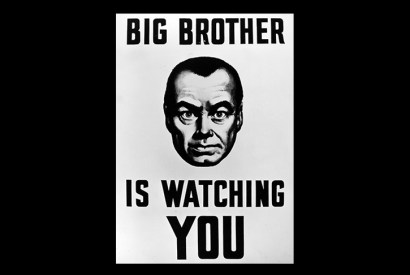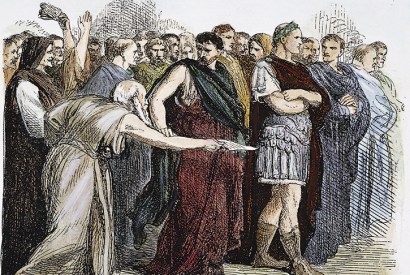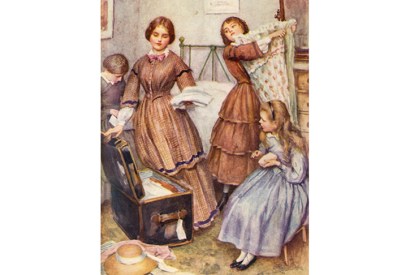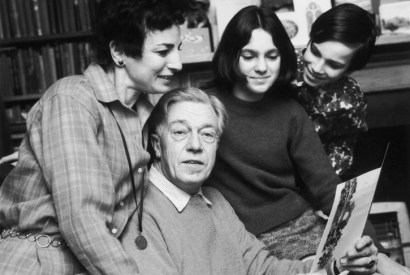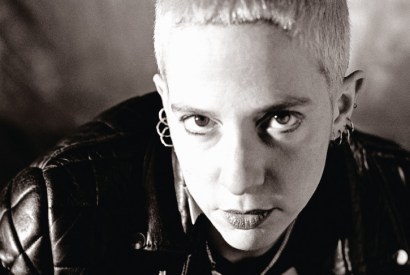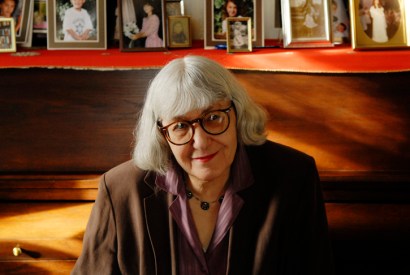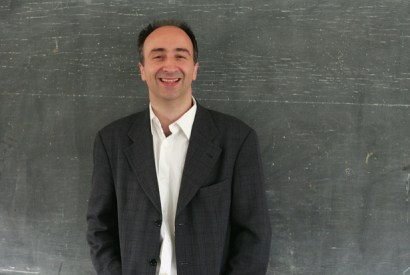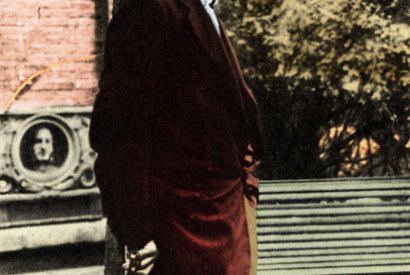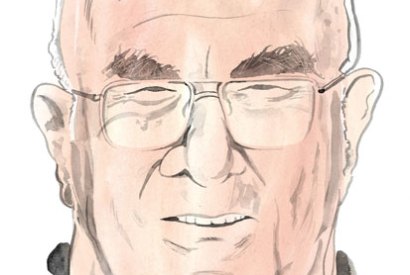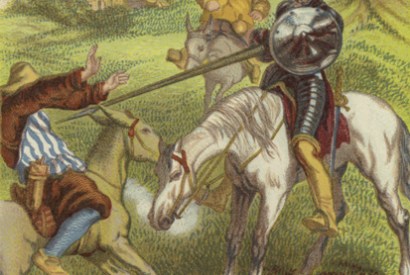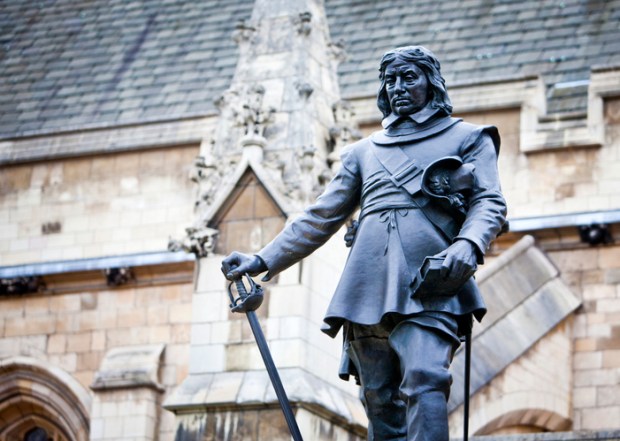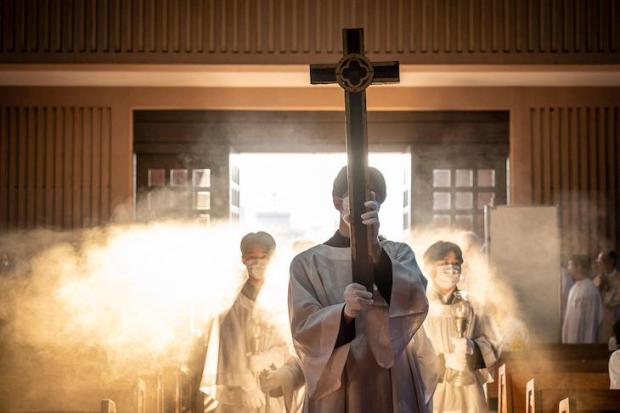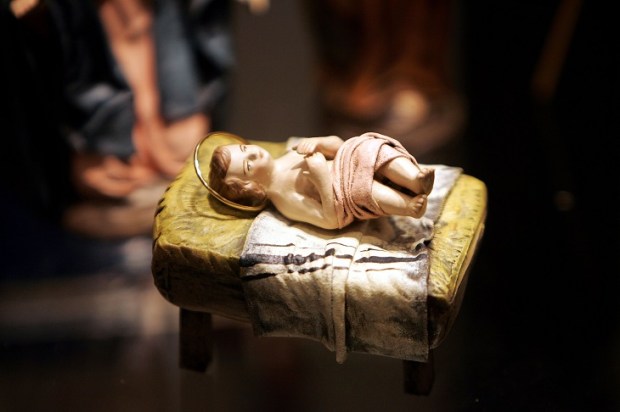Literary criticism
The joyless rants of Andrea Long Chu
The critic’s modishly provocative takedowns of successful contemporary writers, signed off with vapid aphorisms, make for dispiriting rather than stimulating reading
Why does James Baldwin matter so much now?
The rise of Queer Studies and Black Lives Matter has led to renewed interest in Baldwin – who was exasperated in life with being categorised by colour or as ‘gay’
Why 4,000 pages of T.S. Eliot’s literary criticism is not enough
Faber’s text-only, strictly chronological four-volume edition of the prose is fatally purist – though admittedly cheaper than the eight-volume Johns Hopkins version
The subversive message of Paradise Lost
The great poem is mostly about revolution: how much individuals can revolt against God, father, church and king without bringing all the heavens down upon their heads
A father’s love: Childish Literature, by Alejandro Zambra, reviewed
The Chilean writer contributes obliquely to the fledgling genre of fatherhood literature, combining family vignettes with literary criticism and a ‘diary’ addressed to his infant son
Reading the classics should be a joy, not a duty
Edwin Frank’s survey of 20th-century fiction stresses the po-faced seriousness of the great novel. But many masterpieces revel in the ridiculous – or are about nothing at all
Where there’s a will…
Determined sceptics will always find reasons to cast doubt on Shakespeare’s authorship, but who cares in the end, Emma Smith wonders
An inner pilgrimage
When E. Nesbit published Wet Magic in 1913 (a charming novel in which the children encounter a mermaid), she took…
An oddly matched pair
On a shard of paper, some time in the bleak mid-1930s, F. Scott Fitzgerald incorporated a favourite line from one…
Learning from the Russians
Viv Groskop takes a masterclass in the art of the short story
Seeing anew
The title of this collection of journalism is a problem. Not the Kant’s Little Prussian Head bit, which, though opaque,…
Classic misconceptions
Harold Bloom devoted his life to literature – but he had little feeling for words, says Philip Hensher
Who are today’s fictional heroes?
What’s a hero? There are probably at least two answers to that. One is that heroism is a moral quality:…
As well as being a mythic tale, Moby-Dick is a superb a guide to oceanography
Anyone who has read Moby-Dick will recognise the moment, 32 chapters in, when their line of attention, hitherto slackly paying…
How does today’s world compare with Orwell’s nightmare vision?
Apart from a passionate relationship with the common toad, what do George Orwell and David Attenborough have in common? H.G.…
Has Shakespeare become the mascot of Brexit Britain?
The deployment of Shakespeare to describe Brexit is by now a cliché. It might take the form of a quotation,…
150 years on, what makes Little Women such an enduring classic?
The great thing about Louisa May Alcott’s classic Little Women is that it has something for everyone: stay-at-home types have…
A poet in prose
Literary reputation can be a fickle old business. Those garlanded during their lifetimes are often quickly forgotten once dead. Yet…
The writer behind the brand
Few publishing phenomena in recent years have been as gratifying as Chris Kraus’s cult 1997 masterpiece I Love Dick becoming…
… trailing strands in all directions
Letters of Intent — letters of the intense. Keen readers of Cynthia Ozick (are there any other kind?) will of…
Anatomy of a bestseller
Every four seconds, somewhere in the world, a Lee Child book is sold. This phenomenal statistic places Child alongside Stephen…
Pessimism keeps breaking in
State-of-criticism overviews and assessments almost always strike a bleak note —the critical mind naturally angles towards pessimism — so it…
Talking himself into madness
‘There are the Alps. What is there to say about them?/ They don’t make sense. Fatal glaciers, crags cranks climb,…
A long goodbye
Clive James on poetry, civilisation and the critical benefits of facing leukaemia
How to read well
What the title promises is not found inside. It is a tease. John Sutherland says he has ‘been paid one…








